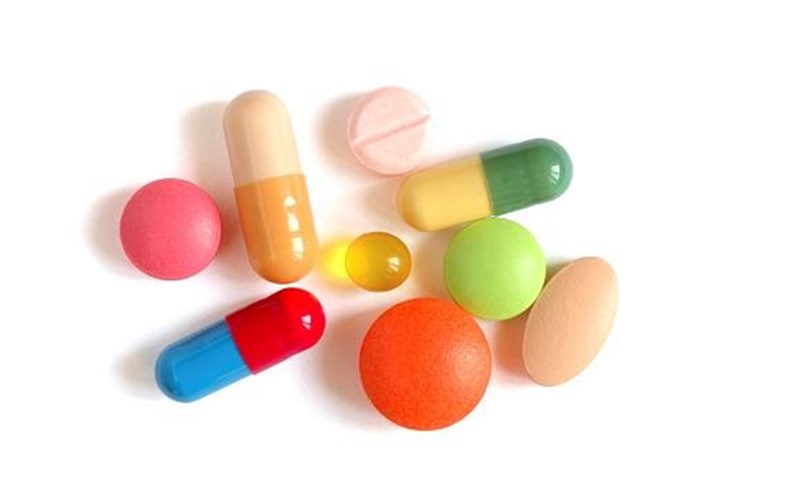
It is common knowledge that more than 4000 milligrams per day (4 grams) for adults, of acetaminophen can create serious permanent liver damage.
The less that 1mm in diameter world’s first Bionic liver has allowed scientists to detect small, rapid changes in cellular respiration that nobody has ever seen before. This enabled them to identify a previously unknown mechanism of toxicity in the common pain reliever acetaminophen (Panadol/Tylenol). This discovery is just as ground-breaking as the bionic liver.
Acetaminophen has long been believed to break down into a toxic compound known as NAPQI. This was known to damage cellular respiration. Cellular respiration refers to the biochemical pathway by which cells release energy from the chemical bonds of food molecules and provide that energy for the essential processes of life. NAPQI damage was thought to occur only at high doses and in cases of diseased or compromised liver function because the liver naturally deactivates NAPQI.
But scientist Yaakov Nahmias and his team discovered something startling: acetaminophen itself can stop cellular respiration in minutes, even in the absence of NAPQI, much faster and at a much lower dose than previously thought. Thanks to the bionic liver, they now have a likely explanation for off-target effects of acetaminophen.
“This is a fascinating study,” commented Prof. Oren Shibolet, head of the liver unit at Tel-Aviv Sourasky Medical Center, who was not involved in the study. “We knew that acetaminophen can cause nephrotoxicity as well as rare but serious skin reactions, but up until now, we didn’t really understand the mechanism of such an effect. This new technology provides exceptional insight into drug toxicity, and could in fact transform current practice.”
Consumers need to understand that advertisements promoting pain relief or fever relief have a concerning vested interest in making lots of money. The safer parents think a product is the more likely they are to feel safe in using it regularly to make members of their family feel better faster. Drugs like acetaminophen block the body’s natural defence mechanisms such as fever and also production of specific white blood cells that fight infection. Before reaching for pain relief for mild to moderate headaches or fevers in future consider letting the body’s natural healing mechanisms to do their thing.